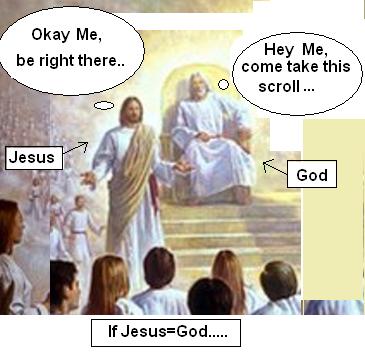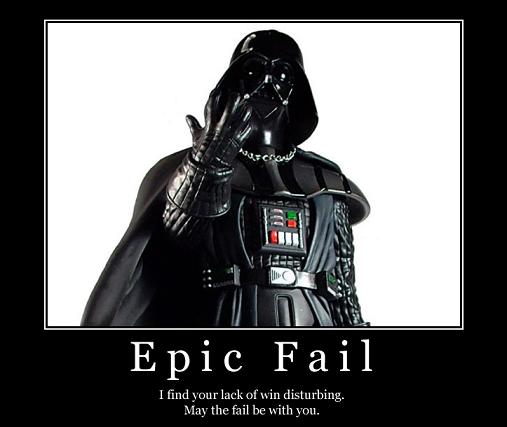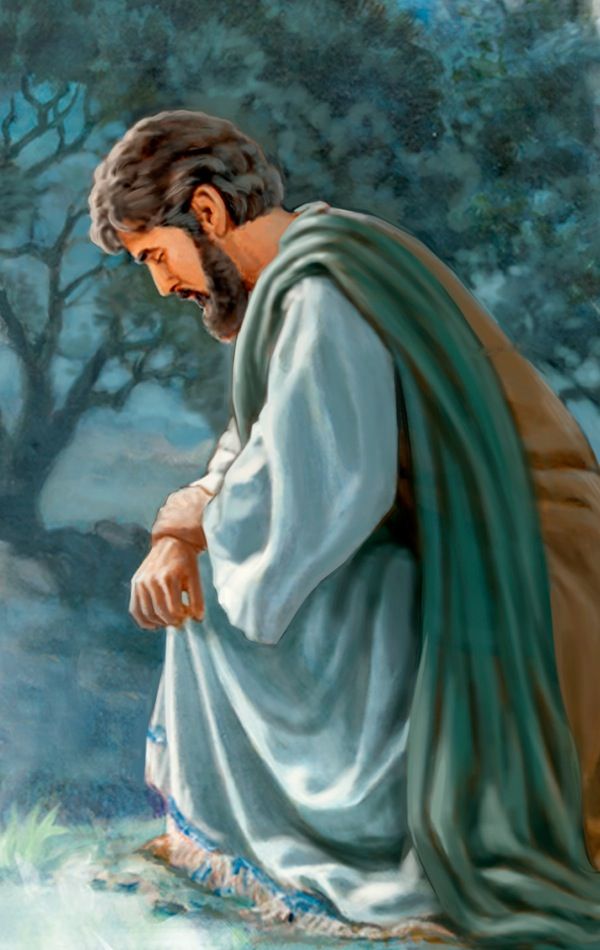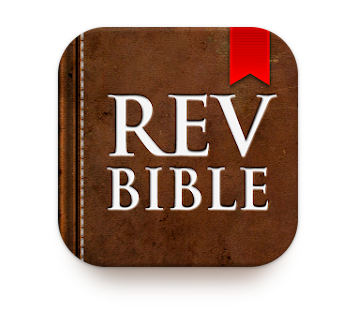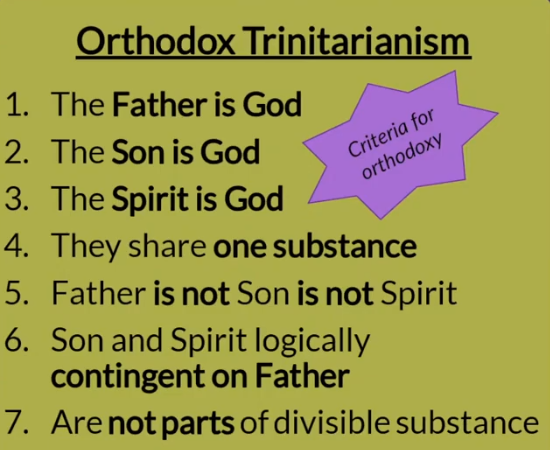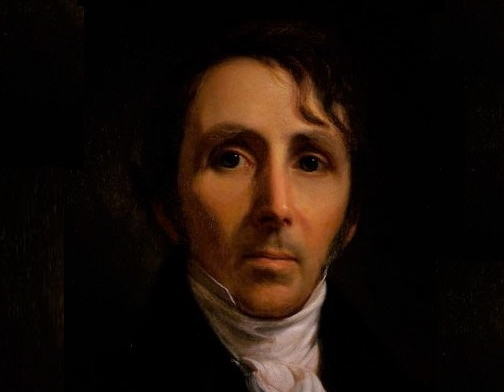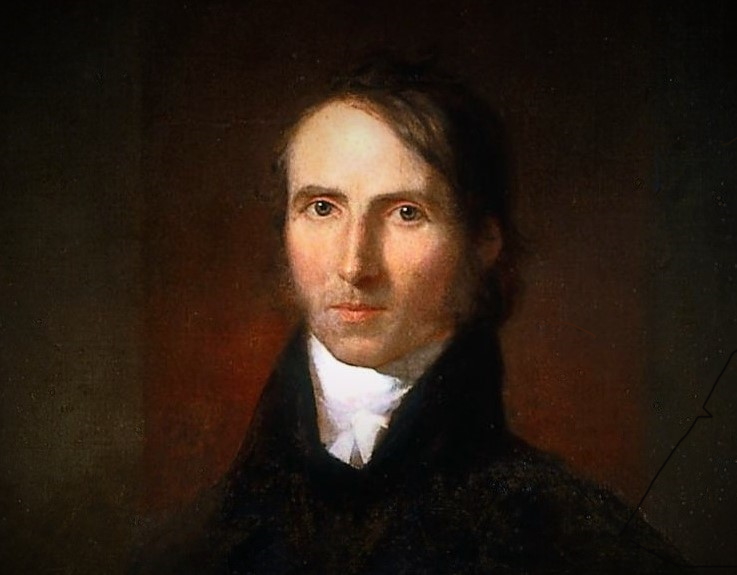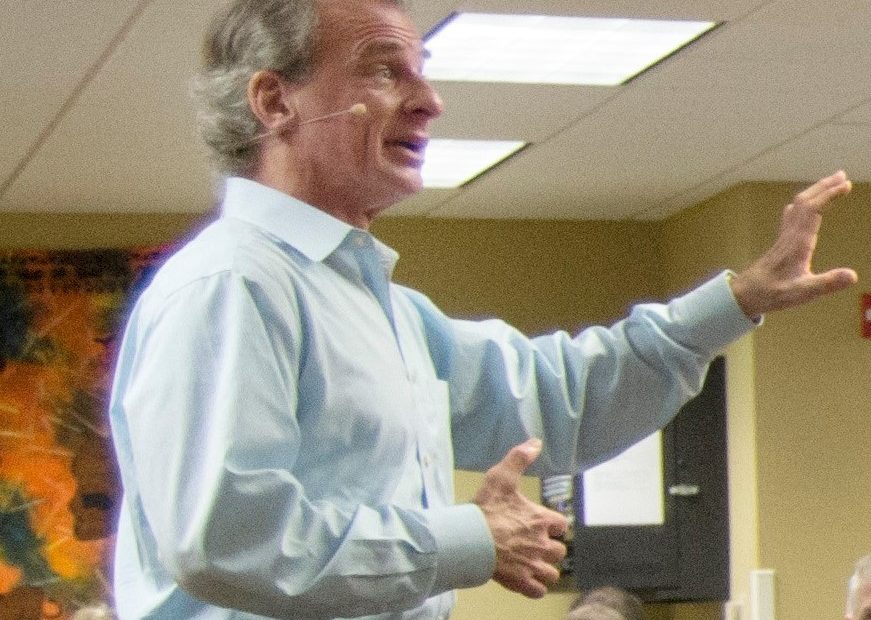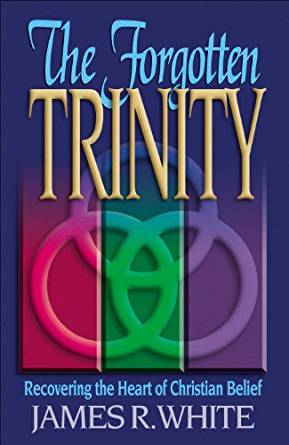In the words of Moreland and Craig,
We turn finally to Trinity monotheism, which holds that while the persons of the Trinity are divine, it is the Trinity as a whole that is properly God. If this view is to be orthodox, it must hold that the Trinity alone is God and that the Father, Son and Holy Spirit, while divine, are not Gods. (589, their section 3.2.2)
Leftow, in the essay we mentioned last time, gives a complicated objection to this whole approach, which Moreland and Craig represent in the following helpful chart. (p. 590)
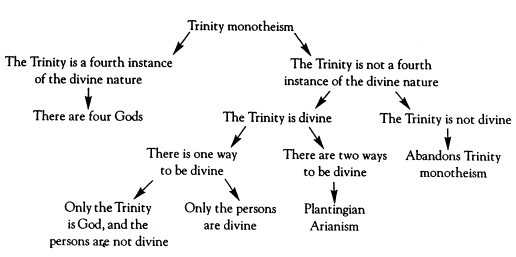
Leftow’s point is that no matter how you develop Trinity monotheism, you end up with an unacceptable theoryRead More »Trinity Monotheism Part 4: parrying Leftow




